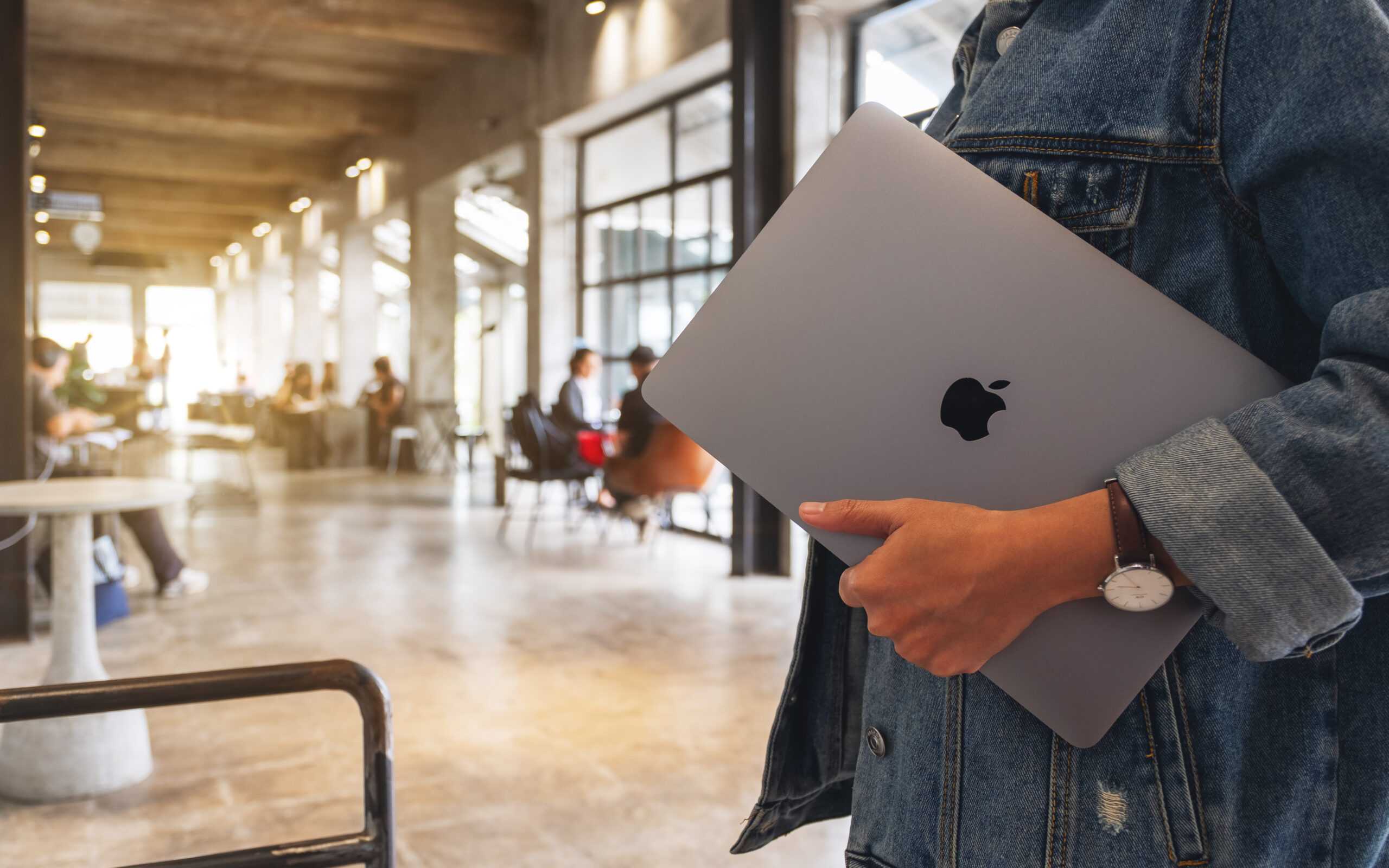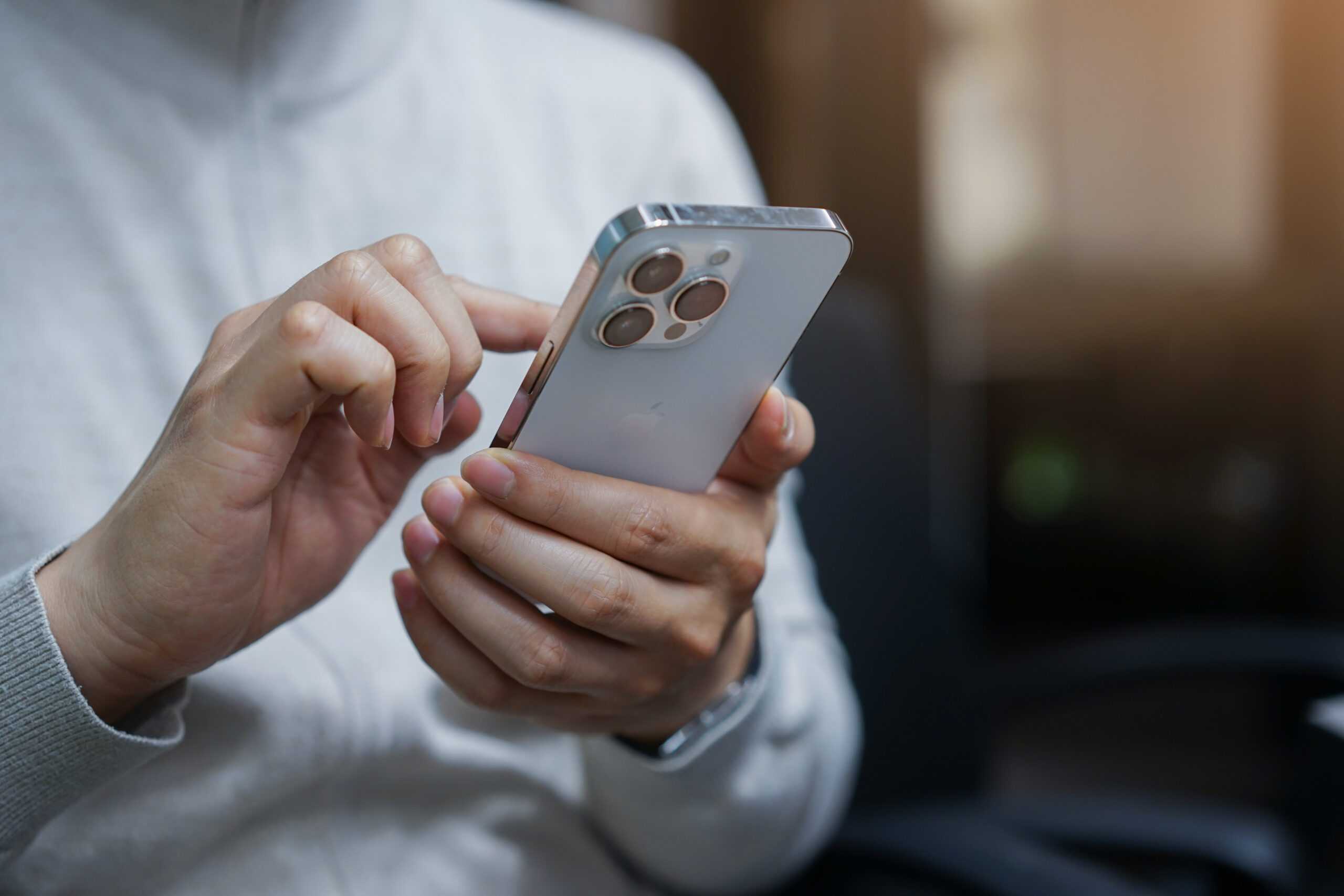Apple has long been a believer in its users having control over their privacy. In fact, Apple CEO Tim Cook said two years ago that privacy is a “human right” and a “civil liberty” – so it shouldn’t come as a surprise that the company continues to upgrade the privacy options within iOS. With the newly released iOS 14, Apple has introduced a host of new features for users to exert more control over their personal information.
As reported by Ars Technica, all iOS developers now must disclose their privacy practices to Apple, including details on how their apps collect information on location, contacts, purchases, browsing history, unique identifiers, and more. Beyond the new disclosure requirements, iOS 14 gives users the option to see real-time notifications of when their mic or camera is being accessed, the ability to grant only proximate location access, control over which photos can be accessed and which should stay off-limits, notifications for clipboard access or when a stored password may be compromised, website privacy reports when using Safari, and improved privacy over Wi-Fi in general.
One privacy feature that’s been delayed, however, is the requirement for developers to ask for permission when gathering user data and tracking users across apps. Apple’s Identifier for Advertisers (IDFA) will officially become opt-in in early 2021.
While there’s no such thing as complete privacy and security when it comes to online activity, Apple’s privacy enhancements to iOS should make the iPhone one of the most secure phones on the market, and that’s something that won’t go unnoticed by Apple customers. According to Interpret’s New Media Measure®, 47% of iPhone users say that they are concerned about the privacy of information shared online. It’s worth noting that an even greater portion (50%) of the Android user base is also concerned about online privacy. By stressing a greater ability to track and fine tune privacy options, Apple could potentially attract new customers from the Android base who may not feel as safe using their Android smartphones.






